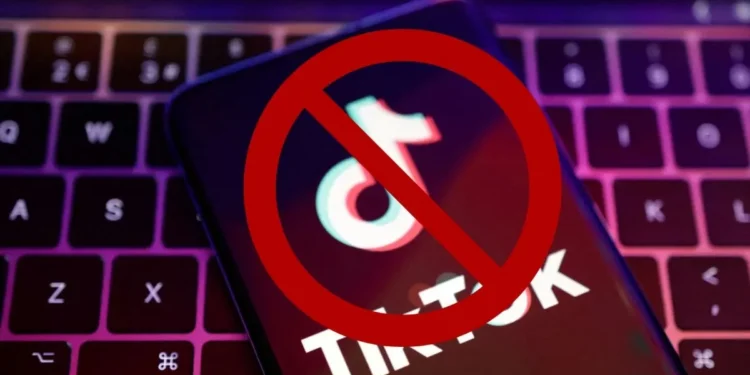In a landmark decision, the U.S. government has officially announced a ban on TikTok, citing concerns over national security and data privacy. The move, set to take effect in the coming weeks, will impact millions of users, influencers, and businesses who rely on the app for connection, content creation, and marketing.
Why Was TikTok Banned?
The U.S. government has long expressed concerns over TikTok’s parent company, ByteDance, based in China. Officials argue that the app could be compelled to share user data with the Chinese government, posing a potential national security threat.
“This is about protecting American citizens’ data. We cannot allow a foreign entity to access sensitive information from millions of U.S. users,” stated a spokesperson from the Department of Commerce.
The ban will include removing TikTok from app stores across the U.S. and implementing measures to block access through VPNs and other workarounds.
How Will This Affect Users?
TikTok is used by over 150 million active users in the United States, making it one of the country’s most popular apps. For many, it is more than just entertainment—it’s a primary platform for self-expression, communication, and learning.
“I use TikTok every day to connect with friends and discover new trends. Losing it feels like losing a part of my daily life,” says Emily Johnson, a college student from Los Angeles.
The platform has also been a space for cultural, social, and political movements, amplifying the voices of marginalized communities and fostering global connections.
A Blow to Creators and Small Businesses
The ban’s impact will be felt most acutely by content creators and small businesses, many of whom have built their livelihoods around the app.
- For creators: TikTok has been a lucrative source of income for influencers who monetize their content through brand deals, ads, and live streams.
- For businesses: Small businesses have used TikTok’s algorithm to reach millions of potential customers, often without needing large marketing budgets.
“Tiktok is my main source of income. I’ve built a community here, and I’m not sure where to go from here,” shares Rachel Green, a beauty influencer based in Miami.
For small businesses, the ban threatens to cut off a vital marketing channel. “About 75% of our online sales come through TikTok. This decision will have a huge impact on our bottom line,” says Ben Carter, owner of a clothing boutique in Austin, Texas.
What Are the Alternatives?
The ban opens the door for rival platforms like Instagram Reels, YouTube Shorts, and Snapchat Spotlight to attract displaced users and creators. However, TikTok’s unique algorithm and user experience may prove difficult to replicate.
“TikTok’s ability to personalize content is unmatched. While there are other platforms, they haven’t come close to offering the same level of engagement,” explains social media analyst Mark Wilson.
Debate Over the Ban
Public opinion on the ban is deeply divided. Supporters argue that it’s a necessary step to protect national security, while critics see it as an overreach that limits freedom of expression and digital innovation.
“The government should focus on regulation and oversight rather than outright bans. This decision hurts everyday Americans more than the company itself,” says Sarah Williams, a professor of digital law at Stanford University.
What’s Next for Social Media in the U.S.?
The TikTok ban represents a turning point in the intersection of technology, politics, and national security. Its full impact remains to be seen, but it’s clear that the way Americans consume content and engage with social media will change significantly.
As millions of users search for alternatives and platforms scramble to fill the void, the digital landscape in the United States is poised for a major shift in the months ahead.









